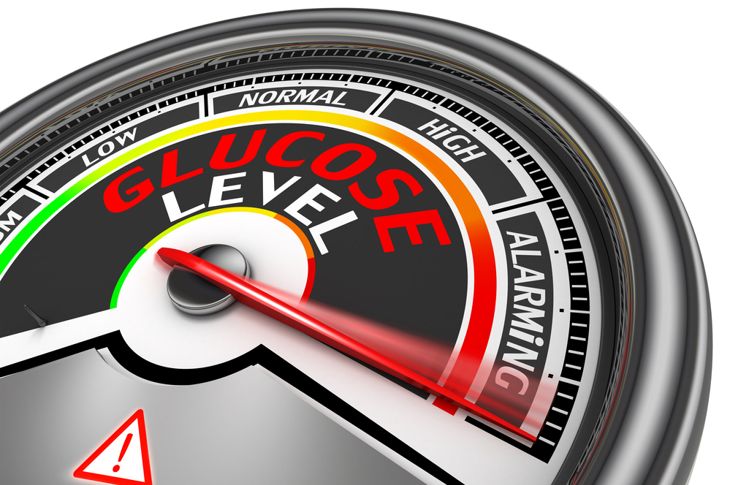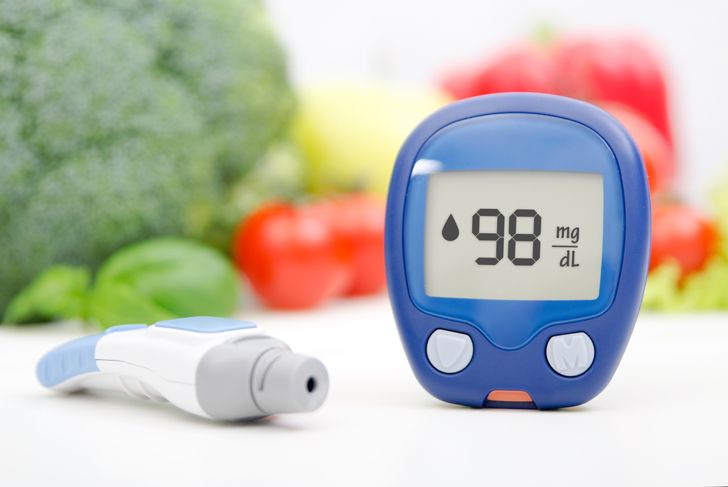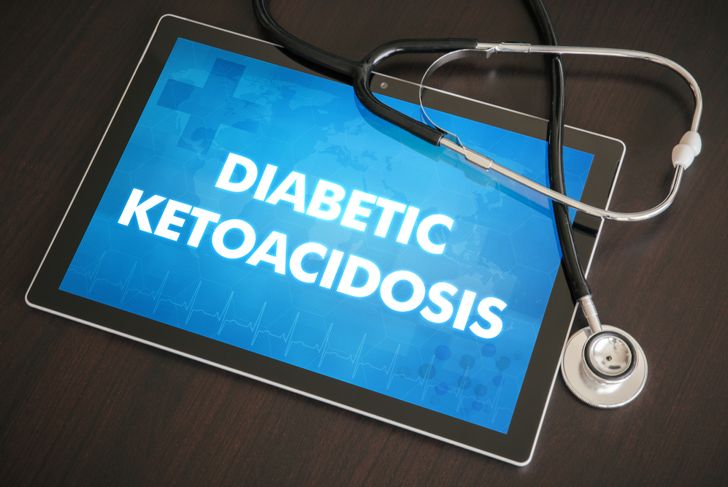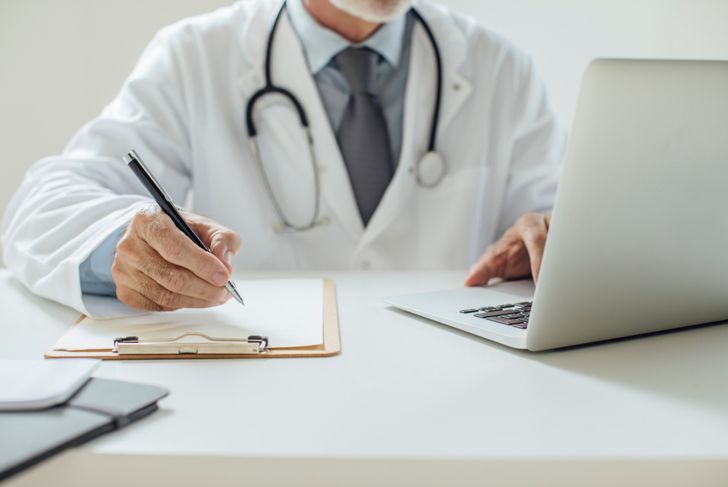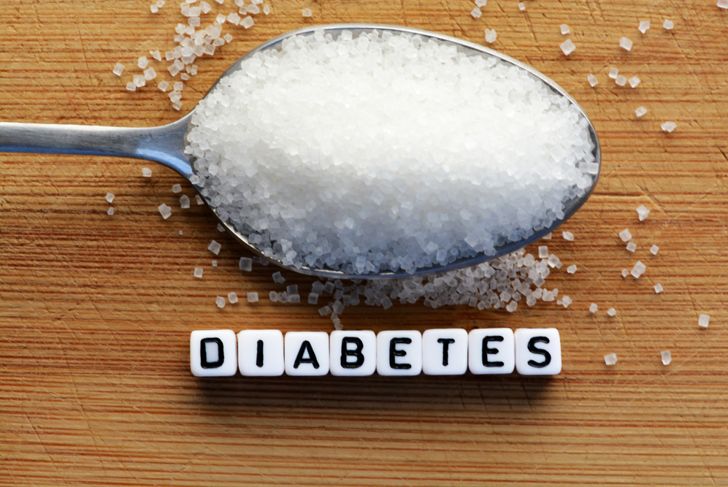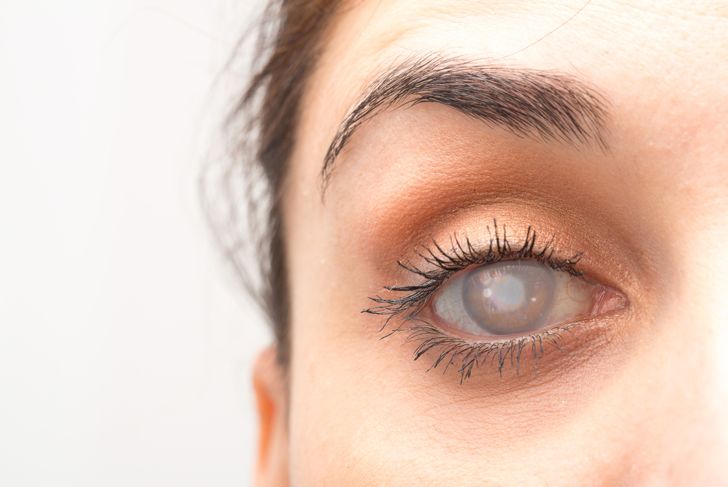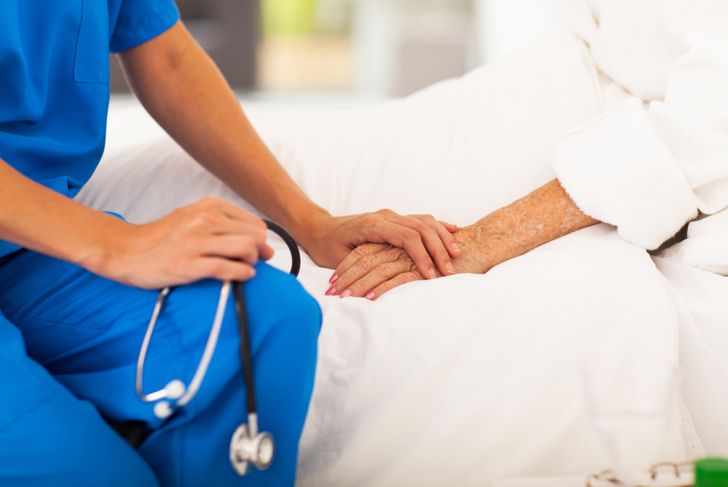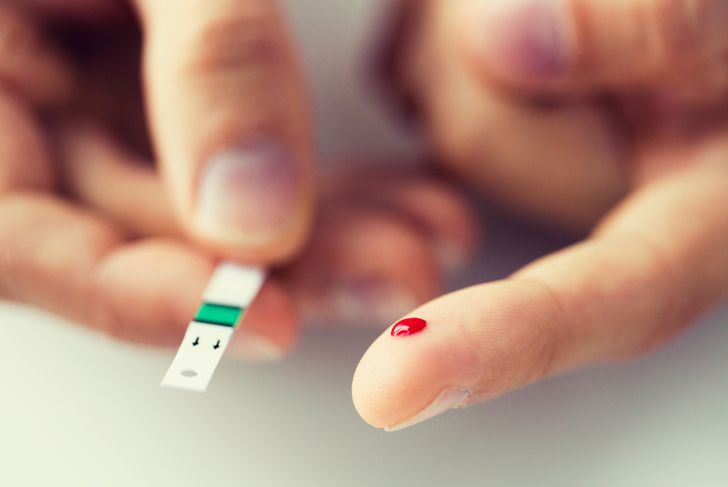Have you ever heard of hyperglycemia? If you have diabetes, you are probably already familiar with this term. However, if you have the symptoms of hyperglycemia and are not diagnosed with diabetes, you need to visit your doctor immediately. If left untreated, hyperglycemia can lead to serious, long-term complications. Keep reading to learn more about hyperglycemia including the signs to look for, the cause, and ways to treat and prevent the diabetic condition. Here are 10 FAQs About Hyperglycemia.
What is Hyperglycemia?
By definition, hyperglycemia is known as high blood sugar. Different factors may contribute to hyperglycemia such as food, exercise, medication, or illness. When you have an abnormally high amount of glucose (sugar) in your blood, you are considered hyperglycemic. It is a hallmark sign of diabetes and affects diabetic patients throughout their lives.
What is the Normal Blood Sugar Level?
You can measure your blood sugar level either at a medical lab or within your own home. The levels will vary slightly depending on the time of day when you test your blood. A normal fasting glucose level early in the morning before breakfast is between 70 and 100 mg/dL. They will rise after a meal. However, your blood sugar level should read lower than 125 mg/dL at any random time.
What Are the Symptoms of Hyperglycemia?
Most people do not develop symptoms of hyperglycemia until the blood sugar level is elevated about 200 mg/dL. The early signs and symptoms of hyperglycemia include frequent urination, increased thirst, blurred vision, headache, and fatigue. They can last several days or weeks and will become more serious if left untreated.
What Is Ketoacidosis?
Hyperglycemia can cause toxic acids known as ketones to build up in your blood and urine if left untreated. This is known as ketoacidosis and has its own set of symptoms including dry mouth, weakness, confusion, shortness of breath, abdominal pain, nausea, and vomiting. A unique sign of hyperglycemia related to ketoacidosis is fruity-smelling breath.
When Should You See a Doctor?
You should make an appointment with your doctor if you are sick and cannot keep fluids or food down. Ongoing diarrhea or vomiting that lasts more than 24 hours needs medical attention. The presence of ketones in your urine or having a blood sugar level higher than 240 mg/dL, especially after taking diabetes medication, requires immediate help.
What Causes Hyperglycemia?
When you digest food, your body breaks down carbohydrates into sugar molecules including glucose, a main source of energy for the body. Although glucose is absorbed into the bloodstream after eating, it can’t enter the cells without insulin. Therefore, the pancreas releases insulin as the levels of glucose rise in your blood. As the insulin secretion unlocks the cells, the glucose enters and fuels your body. In type 1 diabetes, the pancreas is unable to produce enough insulin to lower the amount of glucose in the bloodstream. For people with type 2 diabetes, they have a resistance to the effects of insulin. In turn, the body builds up glucose in the blood, and it can reach high levels if not treated.
What are Long-Term Complications of Hyperglycemia?
If left untreated, hyperglycemia can lead to long-term complications. It can harm your eyes by damaging the blood vessels of the retina, which can lead to blindness. Hyperglycemia can also cause cataracts, which is the clouding of the lens of the eye.You might develop bone or joint problems as well as teeth and gum infections. Skin issues like bacterial or fungal infections along with non-healing wounds might occur. Poor blood flow and damaged nerves can lead to feet problems and amputations. Nerve or kidney damage known as neuropathy or diabetic nephropathy are also long-term complications of hyperglycemia along with cardiovascular disease.
How is Hyperglycemia Treated?
If you are diagnosed with hyperglycemia (and diabetes), then you and your doctor will develop a way to manage your blood sugar. Depending on your condition, there are different ways to keep your glucose level within a targeted range. You may have to exercise regularly, start taking medications as directed and follow a diabetic eating plan. You will have to check your blood sugar often and monitor it closely, especially if you don’t feel good.
Is There Emergency Treatment?
If you have diabetic ketoacidosis (or hyperosmolar hyperglycemic syndrome), you will need emergency care. The treatment involves fluid replacement intravenously or orally to replace what you lost through excessive urination. It will also dilute the sugar in your blood. Your electrolytes can be replaced at the hospital, too. Without insulin, these minerals are also lowered, but necessary for nerve cell function. Finally, insulin therapy will reverse the build-up of ketones.
Can You Prevent Hyperglycemia?
If you have diabetes, you will have to monitor your blood sugar level throughout your lifetime. It is essential to follow your diabetic meal plan to prevent hyperglycemia. Be consistent about the time you eat as well as the amount in correlation to your medication. Monitor your blood sugar levels every day or several times a day. Keep a record of the measurements. Keeping a close eye on your glucose levels is one of the only ways to remain within your target range.

 Home
Home Health
Health Diet & Nutrition
Diet & Nutrition Living Well
Living Well More
More